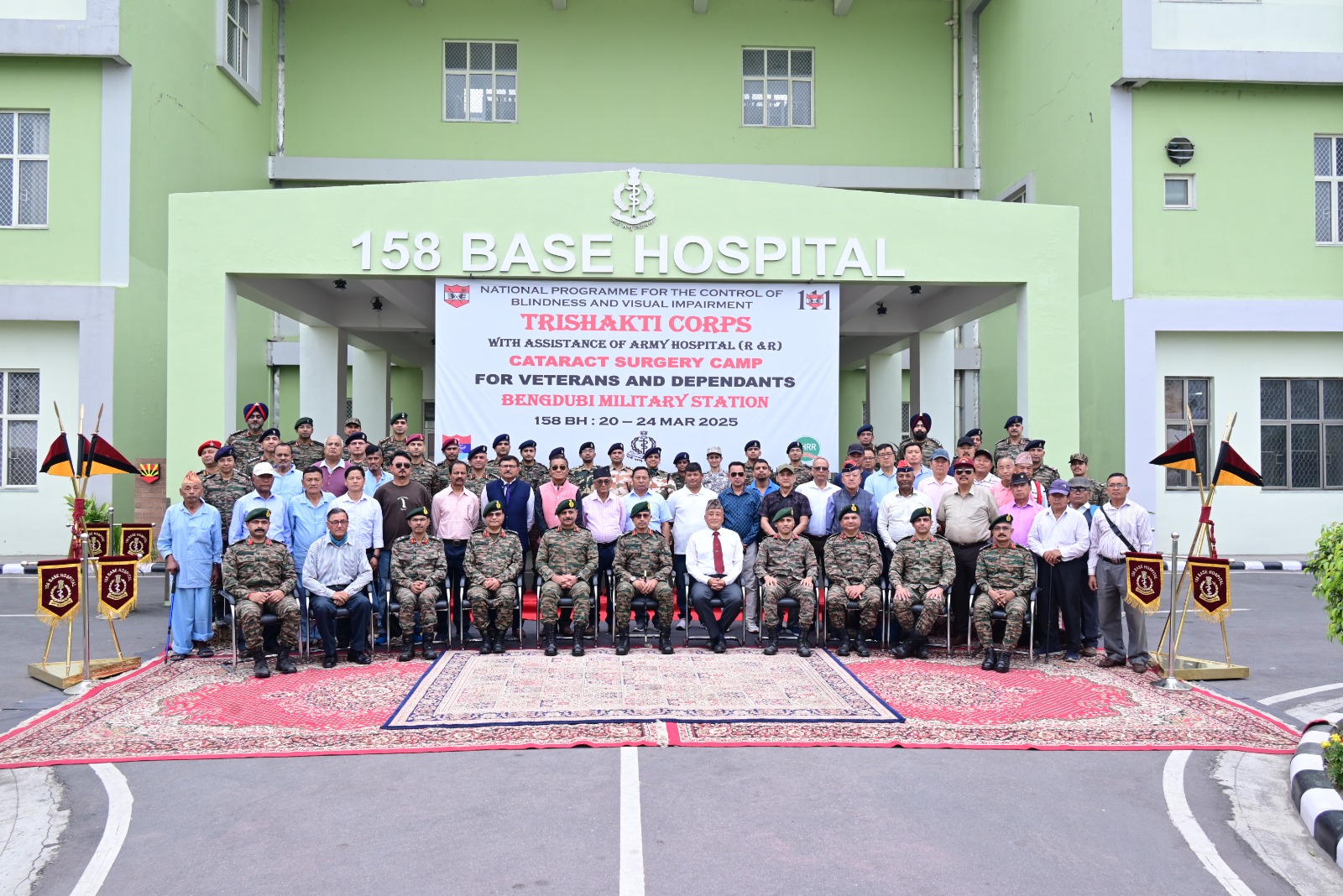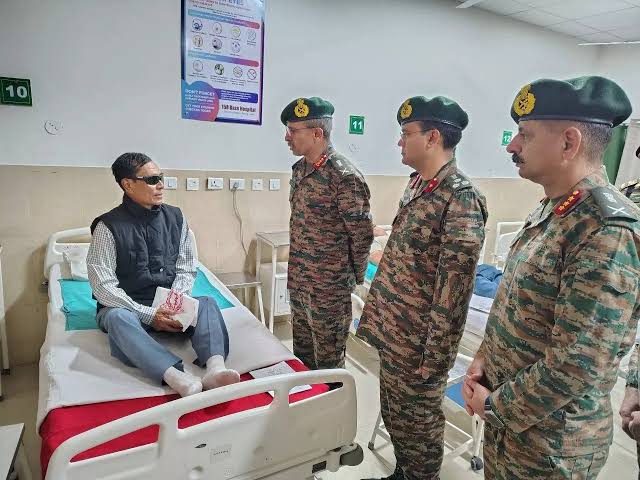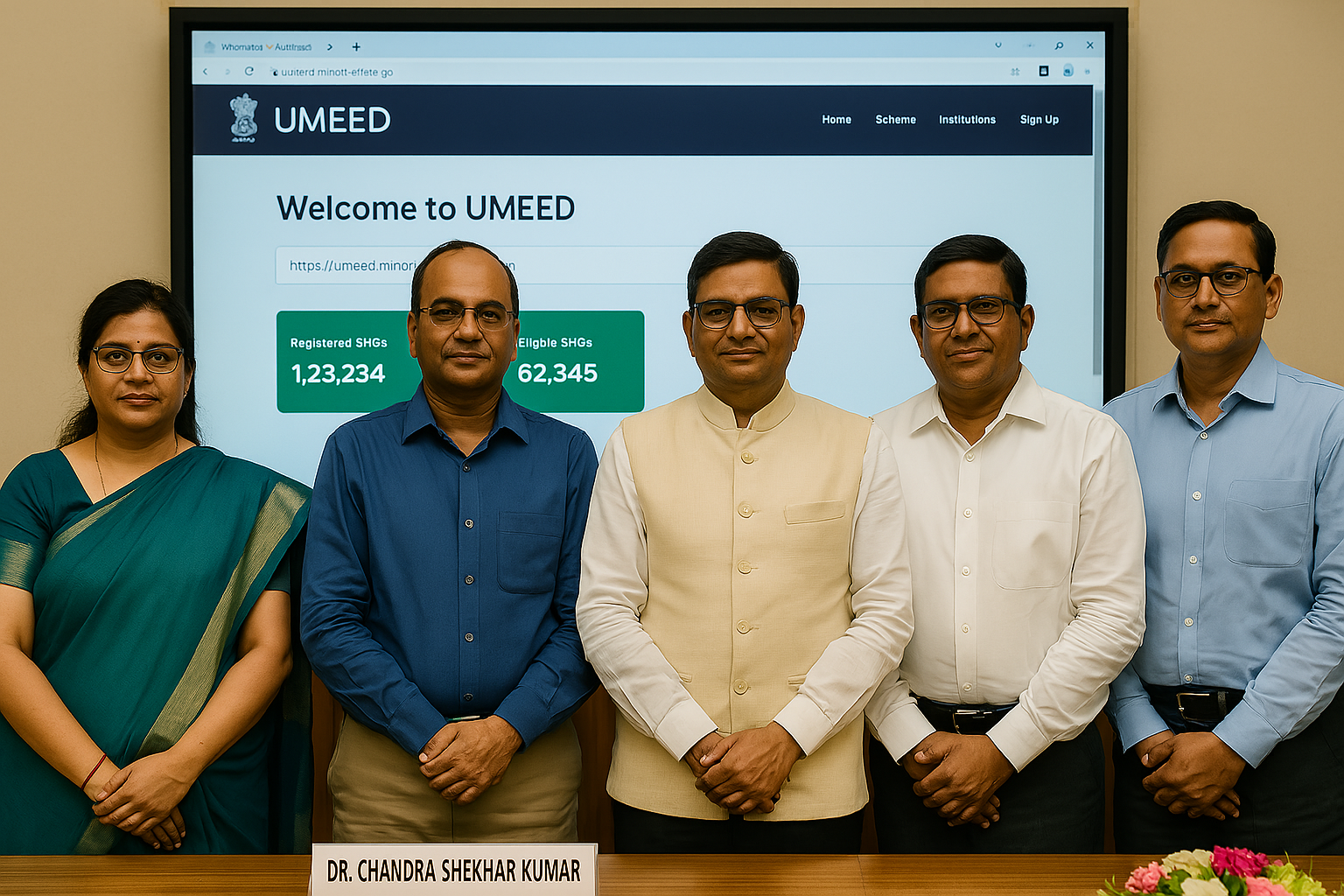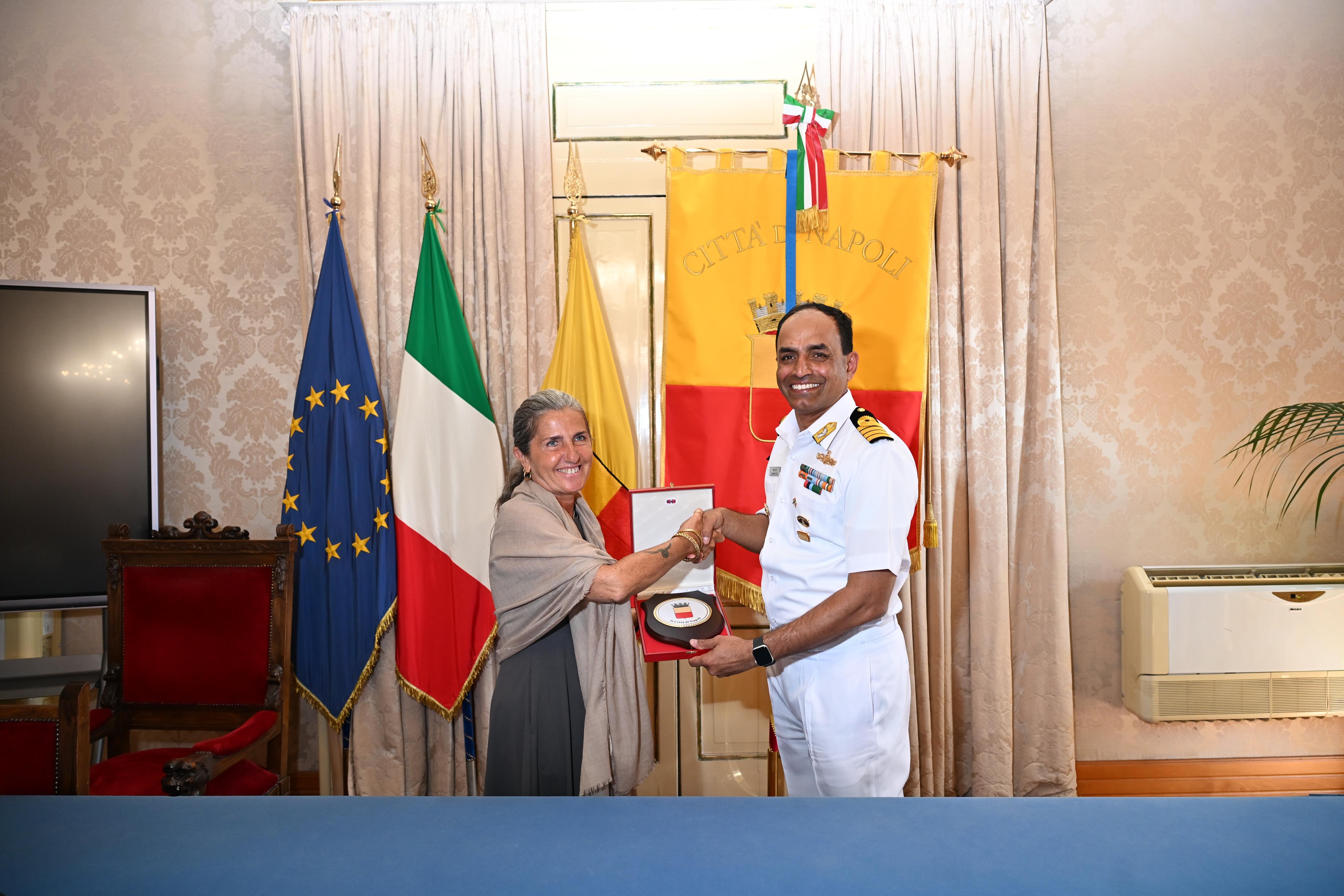The Indian Army recently concluded a five-day advanced eye surgical camp at the 158 Base Hospital in Bagdogra, West Bengal, offering critical ophthalmic care to ex-servicemen and their families. Held from March 20 to 24, 2025, the camp screened a total of 1,752 individuals for various eye ailments, with a special focus on cataracts. A team of expert doctors from Army Hospital (Research & Referral), New Delhi; Base Hospital, Delhi Cantt; and Command Hospital, Lucknow, performed more than 350 cataract surgeries, ensuring that those who had once served the nation received the best possible medical care.
 Alongside the surgical procedures, over 500 high-quality eyeglasses were distributed free of cost, further enhancing the vision and quality of life for many veterans. The initiative, executed with top-tier medical equipment and high-quality lenses, reflected the Ministry of Defence’s dedication to providing world-class healthcare services under the leadership of Raksha Mantri Shri Rajnath Singh.
Alongside the surgical procedures, over 500 high-quality eyeglasses were distributed free of cost, further enhancing the vision and quality of life for many veterans. The initiative, executed with top-tier medical equipment and high-quality lenses, reflected the Ministry of Defence’s dedication to providing world-class healthcare services under the leadership of Raksha Mantri Shri Rajnath Singh.
One of the most remarkable aspects of the camp was its outreach to ex-servicemen and their dependents from Nepal. Seventeen individuals were successfully treated for ophthalmic conditions, with some undergoing cataract surgeries at no cost. This cross-border care demonstrated the deep and enduring bond between India and its Gurkha veterans, reaffirming the Indian Army’s commitment to those who have dedicated their lives to military service.
The initiative was led by Brigadier Sanjay Kumar Mishra, an eminent ophthalmic surgeon and Head of the Ophthalmology Department at Army Hospital (Research & Referral), New Delhi. With a distinguished record of over one lakh successful eye surgeries, Brigadier Mishra emphasized the significance of bringing world-class treatment directly to the doorsteps of veterans. Covering a vast region that spans West Bengal, Sikkim, Assam, and Nepal, the camp ensured that those in need received essential eye care without the burden of long-distance travel.
The camp was organized following the directives of Raksha Mantri Shri Rajnath Singh and Chief of the Army Staff General Upendra Dwivedi, acting upon the request of West Bengal Governor Shri CV Ananda Bose. The Trishakti Corps played a vital role in executing this initiative, underscoring the Indian Army’s commitment to the welfare of its veterans.
More than just a medical camp, this effort symbolized gratitude and respect for those who have served the nation with dedication. By ensuring access to high-quality healthcare in remote regions, the Indian Army once again reaffirmed its role not only as a protector of the country but also as a guardian of the well-being of those who once stood in its defense.




